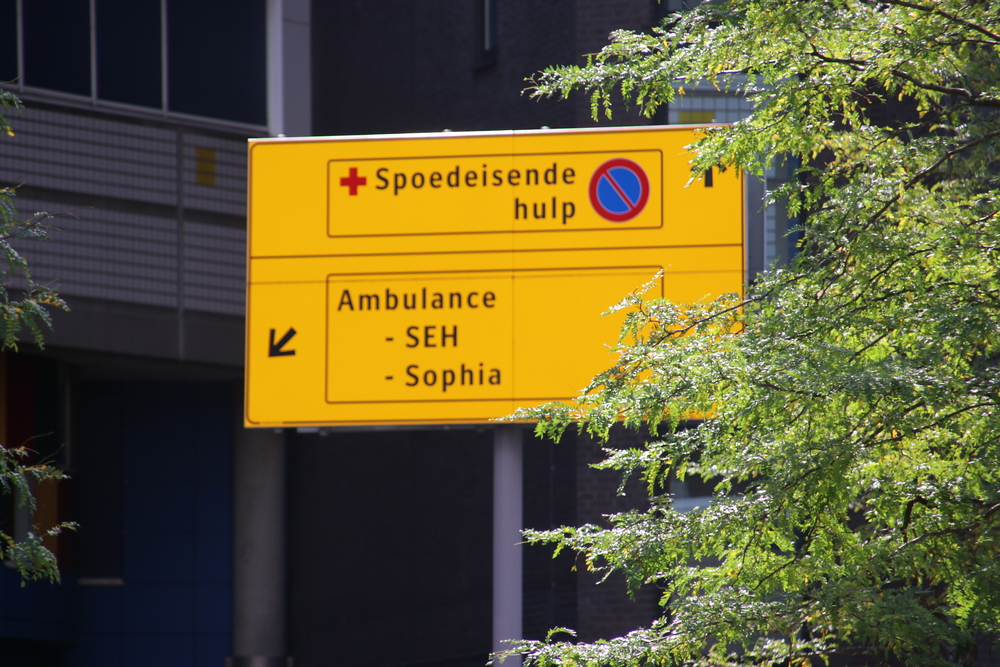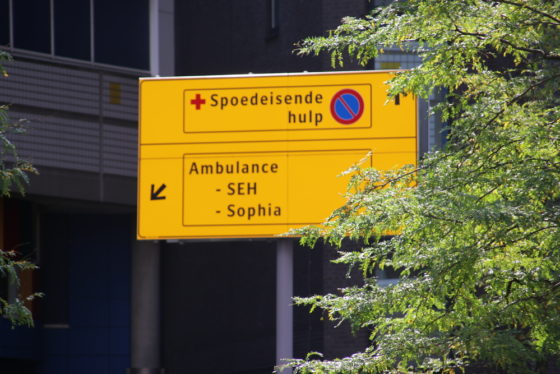New heart test could save 50,000 emergency admissions a year


A technique that allows paramedics to detect cardiac arrests more accurately could cut hospital admissions by at least 50,000 a year, scientists say after trialling the method in the Netherlands.
More than 200,000 people a year are taken to emergency departments after complaining of chest pains, but in 80% to 90% of cases the patient turns out not to be in life-threatening danger.
The new method enables ambulance workers to check a patient’s blood for troponin, a protein that is a highly accurate indicator of heart disease. Until now troponin levels could only be measured in hospital.
Scientists at the Radboud university medical centre in Nijmegen carried out a randomised trial of 863 patients, half of whom were assessed with the new technique while the rest were taken straight to hospital. Patients who were given a low troponin reading by the first aid crew recovered at home under supervision.
They found that patients with low troponin levels in both groups had an equally low risk of developing heart disease. Only six people in the entire sample – four who were assessed by the ambulance crew and two who went straight to hospital – needed hospital treatment in the 30 days after reporting chest pains.
‘We have shown that this method is safe for the patient, and moreover much more comfortable,’ Cyril Camaro, one of the scientists involved in the study, told the Volkskrant. A summary of the trial has been published in the European Heart Journal.
‘In an ambulance and a cardiac first aid department there are all kinds of bells and whistles. People often can’t work for a day or two and they end up in hospital, which is a tough experience.
‘A conservative estimate is that this method will eliminate one in four cardiac emergency admissions, which is 50,000 patients a year.’
Thank you for donating to DutchNews.nl.
We could not provide the Dutch News service, and keep it free of charge, without the generous support of our readers. Your donations allow us to report on issues you tell us matter, and provide you with a summary of the most important Dutch news each day.
Make a donation